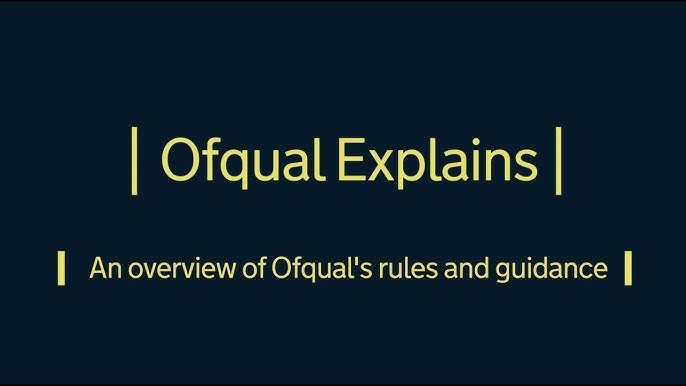By Gabriel Princewill-
The Office of Qualifications and Examinations Regulation (Ofqual) finds itself facing increasing questions regarding delays in the release of vital statistics regarding GCSE grading results and missing A-level papers.
The Eye Of Media.Com last weeks requested full disclosure of the proportion of students that achieved a a grade 6(the equivalence of a B) and above in two subjects- English language, English Literature, and Computer Science, for the purposes of research.
The statistics are designed to assess the percentage of students that performed well in those subjects, and appraise the level of difficulty of the questions, and the adequacy of pupil training and preparation in those subjects.
We particularly want to know how many A level papers went missing this year, and what explanations there are for this.
Students who prepare hard for exams deserve to be marked fairly and accurately without being unfairly disadvantaged.
This delay has begun to raise serious concerns about Ofqual’s accountability and the overall credibility of the examination system, leaving stakeholders anxious for answers.
Ofqual last week promised to disclose the requested statistics, but the exam regulator is yet to provide a clear timeline for the release of those statistics, leaving the British public, particularly parents waiting to hear this crucial information and keep track of its eventual analysis.
The pressing issues pertaining to the delayed release of statistics concerning GCSE grading results is worrying.
The educational community, students, parents, and educators alike, eagerly await this crucial data to better understand the grading trends and their implications on students’ academic futures.
Transparency and timely dissemination of this information are essential for maintaining public trust in the examination system. A delay in releasing this data raises questions about whether there are underlying issues that Ofqual is attempting to manage or if the delay is merely an administrative hiccup.
Another significant concern revolves around missing A-level papers, given the story of Jack Graham, who was denied entry to Oxford University, after examining board Ofqual, lost some of his maths examining paper.
How an examining board could lose an A level paper is a bothersome issue, calling for an explanation.
The young ambitious 18year old achieved his GCSE in Maths at the age of 8, taking his A levels a decade later after mastering a subject that requires expertise in advanced logic and calculations atop very high intelligence .
The examining regulator which has oversight of exam boards appears to be dragging its heels in providing factual details of what proportion of exam papers were reported as missing, and how the associated issue of compromised exam marks in such cases have been resolved.
The examination process demands meticulous care to ensure the security and proper handling of examination papers. However, reports have surfaced regarding missing A-level papers, leaving stakeholders deeply troubled about the integrity of the examination process.
Ofqual is expected to address this alarming issue promptly and comprehensively to allay concerns and restore faith in the examination system.
The missing papers incident amplifies the need for a rigorous and robust oversight mechanism to safeguard the integrity of examinations, and also raises questions if there might be malpractise at play in the missing exam papers.
This publication will not relent in the push for accountability wherever it is legitimately called for, and the public deserves answers.




